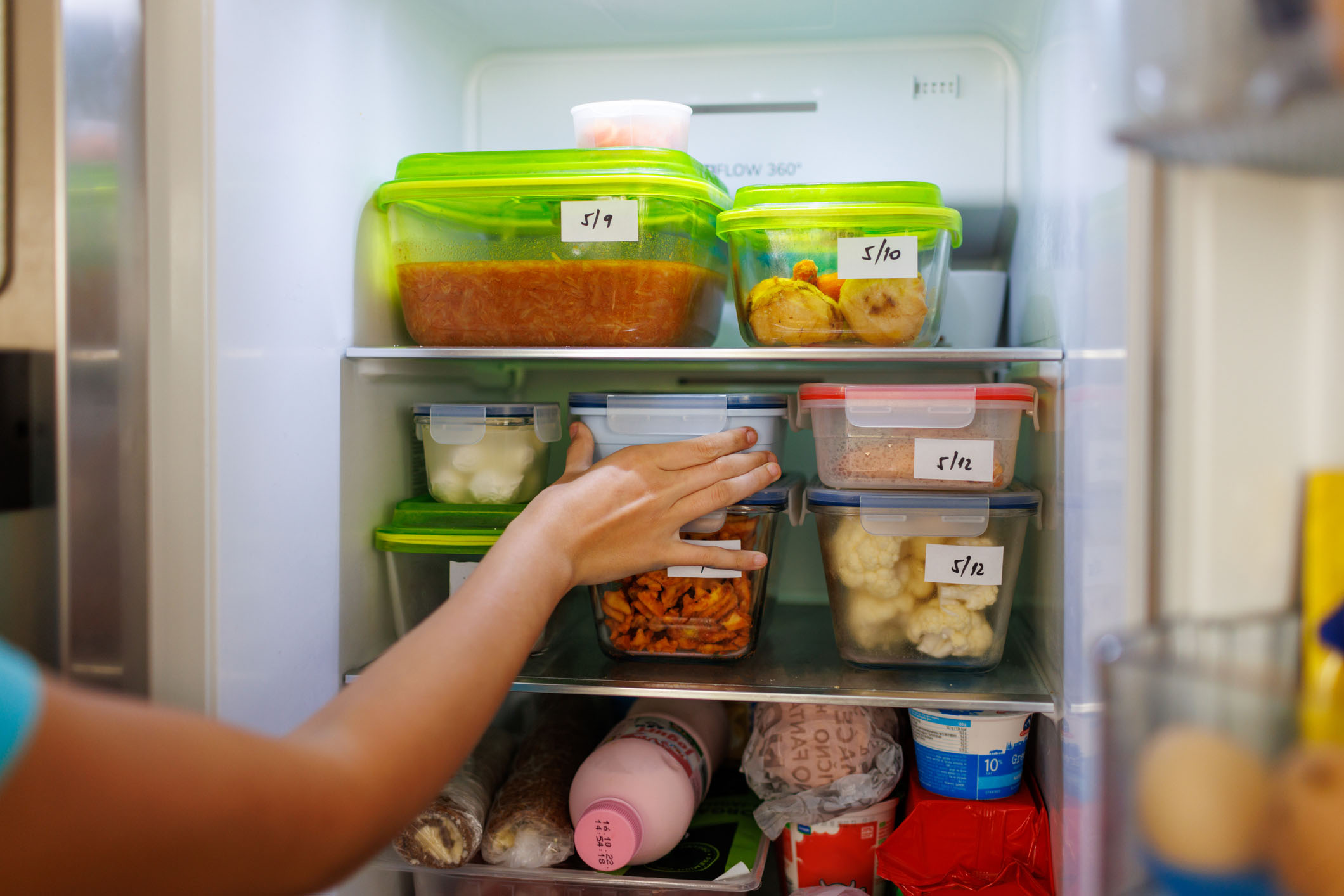Are you whipsawed by the conflicting claims for the low-fat, fiber-rich, plant-based diet vs. the high-fat, low-carb, animal protein-based diet? How could BOTH be effective for certain people to optimize their metabolisms and achieve weight loss goals, while leaving others high-and-dry in terms of diet success?
We’ve seen a lot of diet fads: raw foods, fruititarian, blood-type, Paleo, Macrobiotic, Whole 30, ketogenic—all have their acolytes. Then there are those advocated by government health authorities and the American Heart Association, who basically advise the public to avoid extremes and eat something like a “balanced” Mediterranean or “DASH” diet—high in fiber, moderate in fat, low in sodium. Trouble is, even that mainstream approach is ineffective for some people.
How can we explain this wide variation in responses?
And, moreover, can we develop methods of predicting an individual’s unique way of responding to certain foods?
A pair of enterprising Israeli scientists have recently sought to do precisely that. Choosing blood sugar as an easily-quantifiable measure of response to food, Drs. Eran Elinav and Eran Segal of the Weizmann Institute of Science have developed an algorithm which successfully characterizes how people will respond to different meals.
First, they demonstrated (not surprisingly!) that “different strokes for different folks” applies to food responses.
The popular “glycemic index” (GI) is a measure of how quickly specific foods spike blood sugar responses. For example, canned chickpeas have a relatively low GI of 38 compared with fruit roll-ups which have a GI of 99. Trouble is, premium ice cream also has a GI of 38. Which do you think could set you on a path to diabetes faster—chickpeas or ice cream? The answer highlights the obvious inadequacies of the GI for making diet recommendations.
Elinav and Segal report on profound inter-subject variations in blood sugar responses to foods. Meals that caused precipitous rises in blood sugar in one subject produced barely a blip in others. One subject reacted profoundly to bananas; another did not, but instead experienced glucose spikes from cookies.
This observation hearkens back to pioneering clinical ecologist Dr. William Philpott, author of Victory over Diabetes: A Bio-Ecologic Triumph. Philpott proposed that differences in metabolic responses to foods were allergic in nature—that food reactions impaired the body’s handling of certain comestibles, resulting in disparities of carbohydrate disposition.
Philpott even handed out fingerstick glucometers to his patients and invited them to test their blood sugar responses to foods one-by-one. One of his former patients reported to me that she discovered she had an atypical exaggerated response to buckwheat, of all things, and has since steered clear of it.
Elinav and Segal sought to create an algorithm—a mathematical model—that predicts how an individual would respond to a given food. Using 137 factors, including such familiar ones as age, body mass index, and medical history—as well as novel ones, like the characteristics of the bacteria that inhabit the intestine (microbiome), they managed with uncanny precision to reach practical conclusions for averting unhealthy blood sugar rises.
Of interest, the timing of food consumption affected blood sugar responses, even within the same individual. In a single participant, there were different responses depending on whether a food was consumed after sleep vs. after exercise.
The Israeli study is one of the first to account for interperson variations in the microbiome as a major determinant of how foods are metabolized.
With the advent of more accurate genetic testing (nutrigenomics), there promises to be a revolution in nutritional science which will take the guesswork out of planning individual diets for optimizing health and combatting obesity.






